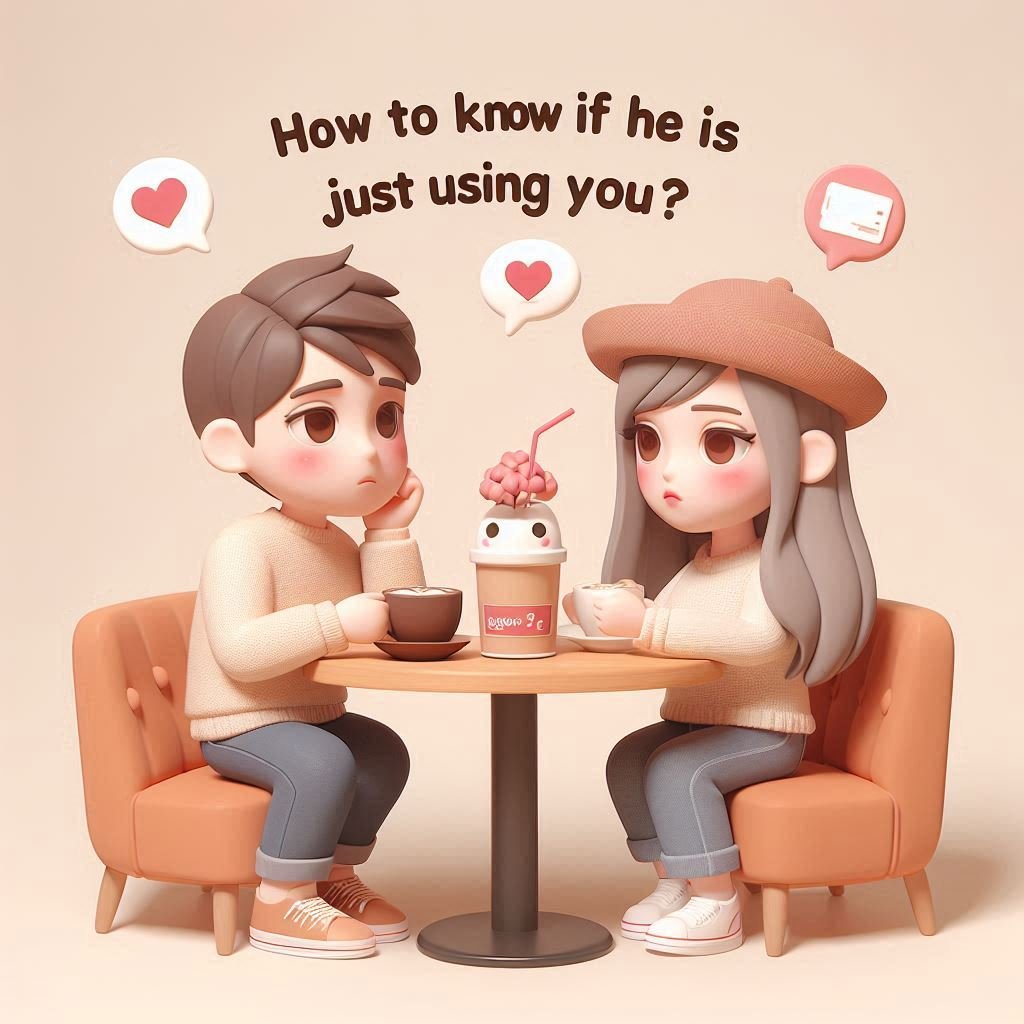Frequently Asked Questions – Wisher
How do you know it’s time to move on?
Determining when it’s time to move on from a relationship can be deeply challenging and emotional. Here are some key signs that might suggest it’s time to reconsider the relationship:
Lack of Emotional Connection: When you no longer feel comfortable being vulnerable or open with your partner, or when engaging conversations and fun banter are missing, it can indicate a significant disconnect. If you find yourself fantasizing about being with someone else, it may signal that the emotional bond is fading[1].

Constant Fighting and Negativity: If arguments are becoming more frequent and intense without resolution, this can be a major red flag. A persistent sense of contempt or dismissal towards your partner indicates deeper issues that are not being addressed[1][2].
Apathy and Avoidance: Feeling indifferent about working on the relationship or resolving conflicts, and a lack of willingness to seek help like counseling, can be signs of emotional detachment. If you frequently feel the need to take breaks from your partner, it might suggest that the relationship is no longer fulfilling.
Drifting Apart: If you and your partner are living increasingly separate lives, no longer share common interests, or struggle to envision a future together, this disconnect might indicate that the relationship is no longer meeting your needs.
Exhaustion and Dread: When being with your partner feels more draining than uplifting, and you start dreading interactions or prefer spending time apart, it may be a sign that the relationship has become toxic and is no longer providing the support and joy it once did.
If these signs resonate with your experience and you’ve tried to address these issues without success, it may be time to have an honest conversation with your partner about ending the relationship. Seeking professional counseling can also offer valuable insights and help in making an informed decision about the future of your relationship.
When should you back of in a relationship?
Recognizing when it’s time to take a step back from a relationship can be pivotal for preserving your emotional health and well-being. Here are some heartfelt signs that it might be time to create some space:

If your relationship is marked by constant conflict, where arguments arise frequently and escalate without resolution, it could signal deeper, unresolved issues. The ongoing tension can be emotionally draining, indicating that perhaps the relationship is taking a toll on your happiness and peace of mind.
Feeling emotionally exhausted after interactions with your partner might be another red flag. When the time you spend together feels burdensome rather than joyful, it may suggest that stepping back could help both partners regain clarity and balance.
Communication breakdowns can also be a strong indicator. If discussing important matters becomes challenging and leads to avoidance, it can create feelings of isolation. A lack of open dialogue may suggest that the relationship is no longer growing or evolving in a healthy way.
Indifference or apathy towards the relationship can be particularly concerning. If either partner feels disengaged and unwilling to address conflicts or make efforts to improve the situation, it might be a sign that taking a break could provide a fresh perspective on the relationship’s viability.
If you often fantasize about being single or feel the need for frequent breaks from each other, it may point to a lack of fulfillment within the relationship. Taking time apart can offer both partners the space needed to reflect on their needs and feelings.
In cases where disrespect or contempt becomes apparent—such as dismissive behavior or ridicule—it’s crucial to address these issues. Such attitudes can undermine the foundation of respect and affection necessary for a healthy relationship.
Finally, if you and your partner find yourselves drifting apart, with separate interests and diminished connection, stepping back might help both individuals reassess their feelings and the future of their relationship.
Recognizing these signs can help you take the necessary steps to protect your emotional well-being and make informed decisions about your relationship. Open, honest communication about the need for space can also help clarify where both partners stand.
When to stop trying in a relationship?
Knowing when to stop trying in a relationship can be an emotional and difficult decision. Here are some poignant signs that might suggest it’s time to reconsider your efforts:
One key indicator is a lack of mutual effort. A balanced relationship requires both partners to be equally invested. If you find yourself consistently putting in more effort without receiving the same level of commitment from your partner, it could point to an unsustainable imbalance. If you’re the only one trying to make things work, it might be time to reassess whether continuing is worthwhile.
Persistent communication issues can also be a significant red flag. When conflicts are frequent and unresolved, and communication seems to have broken down completely, it might suggest deeper, unresolved problems. Constant fighting without resolution often indicates that the relationship is struggling with fundamental issues that may be beyond repair.

Feeling unvalued or disrespected in a relationship is another clear sign. A healthy partnership is built on mutual respect and appreciation. If you find yourself feeling taken for granted or disregarded, it may reflect a shift in how your partner perceives you, which could be a sign that it’s time to move on.
Loss of passion and excitement can also signal that the relationship may no longer be fulfilling. If the intimacy and enthusiasm that once defined your connection have waned and you no longer feel motivated to rekindle that spark, it might indicate that the relationship has reached its natural end.
If you frequently fantasize about being single or find yourself planning an escape, it often reveals a deeper dissatisfaction with the current relationship. This desire to escape usually reflects a lack of investment in the partnership and could be a strong indicator that it’s time to evaluate your commitment.
Emotional exhaustion is another crucial sign. A relationship should bring joy and enhancement to your life, not leave you feeling consistently drained. If being with your partner feels more burdensome than uplifting, it might be time to take a step back.
An inability to envision a future together is a significant red flag. If you find it difficult to see a shared future or feel that your goals and values are misaligned, it may indicate that the relationship is not sustainable in the long term.
Finally, defensiveness and a lack of accountability from your partner can be detrimental to your emotional well-being. If your partner becomes defensive when you express concerns and avoids taking genuine responsibility for their actions, it might suggest they are not willing to work on the relationship, which could be damaging to your emotional health.
Recognizing these signs can help you make a thoughtful decision about the future of your relationship. Open and honest communication about your feelings is essential, and prioritizing your emotional well-being should guide your decision to continue or end the relationship.



